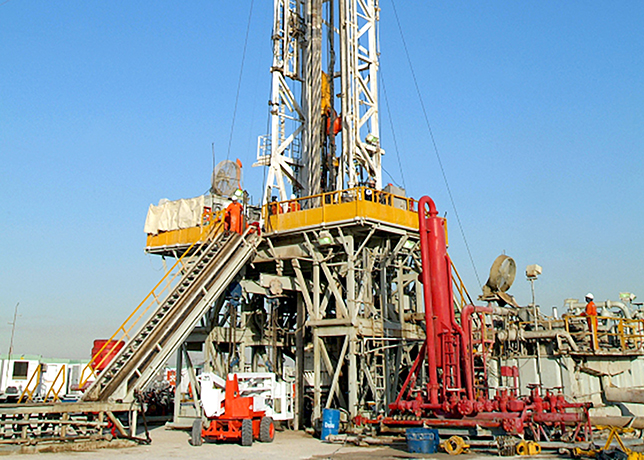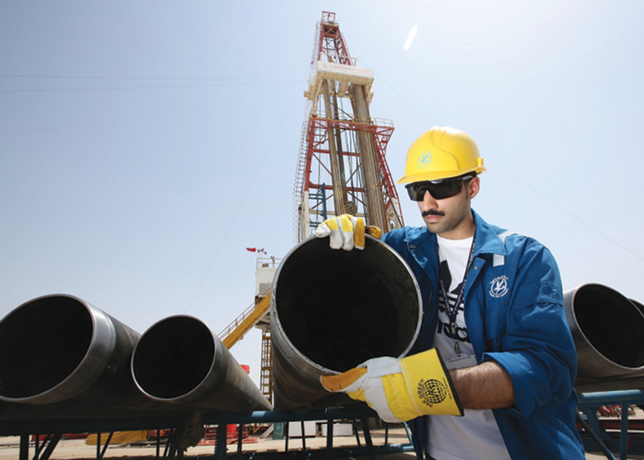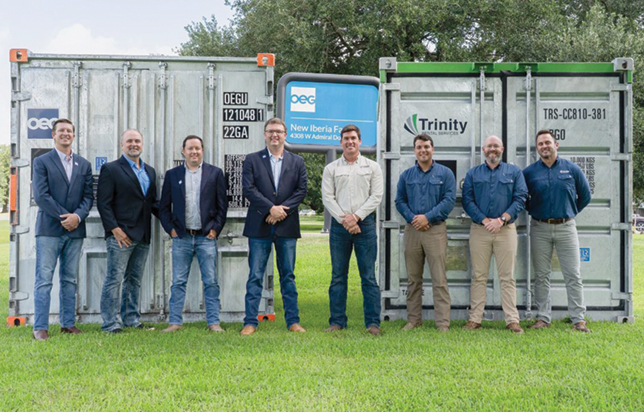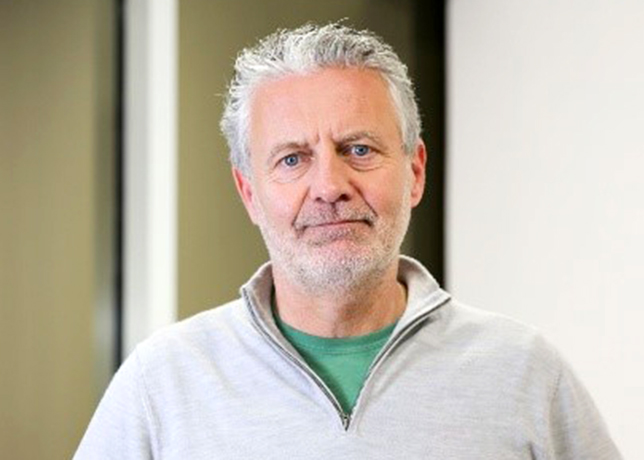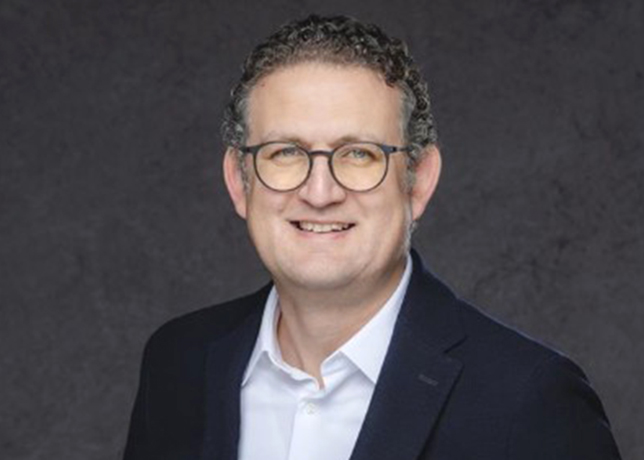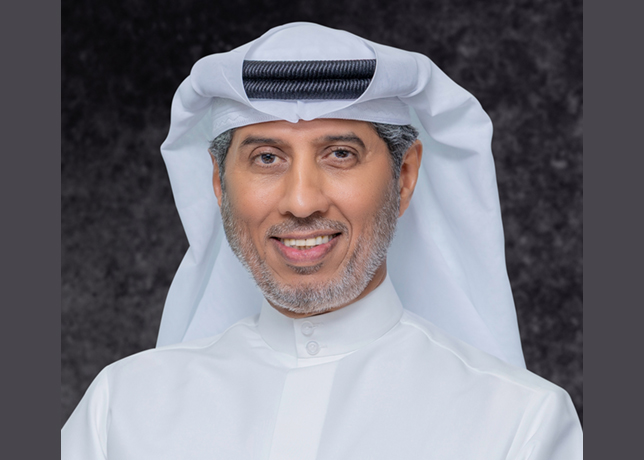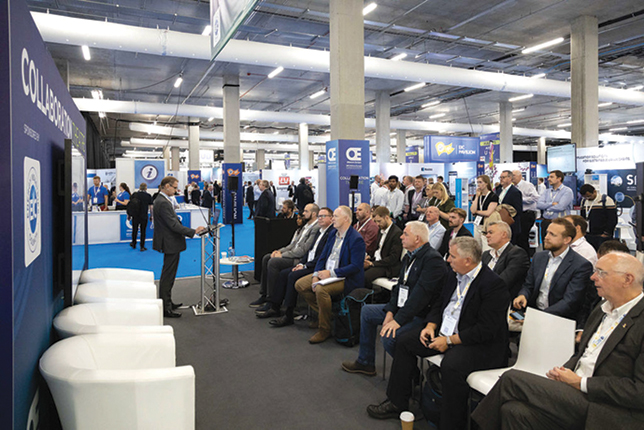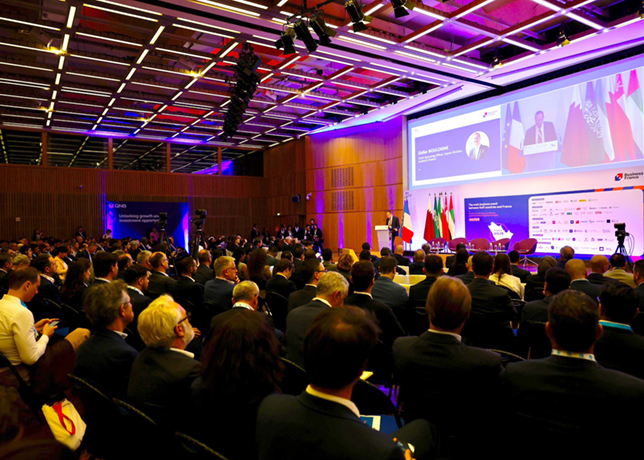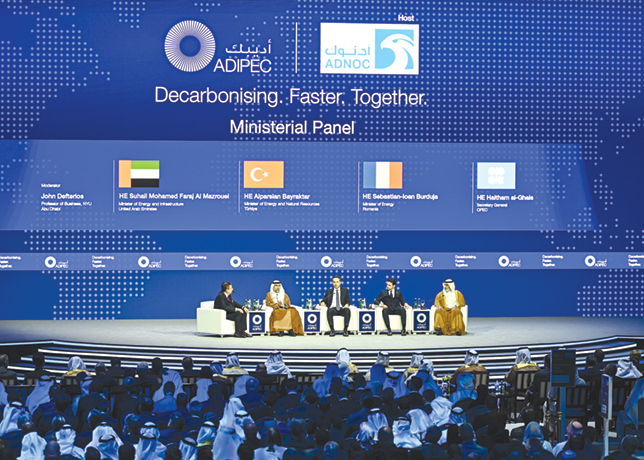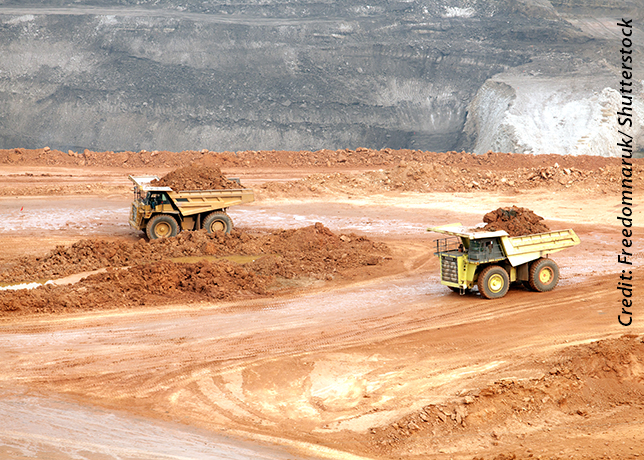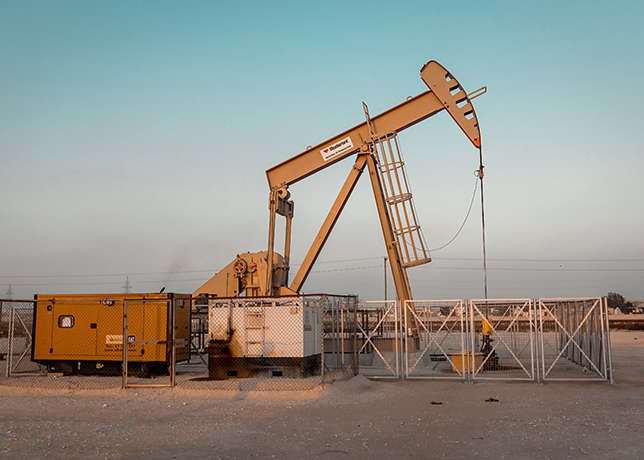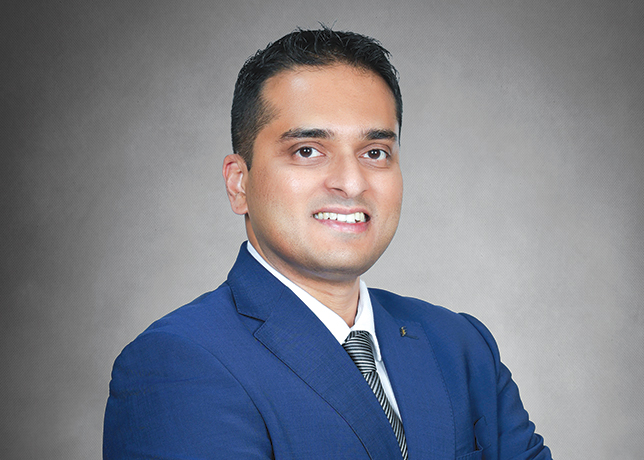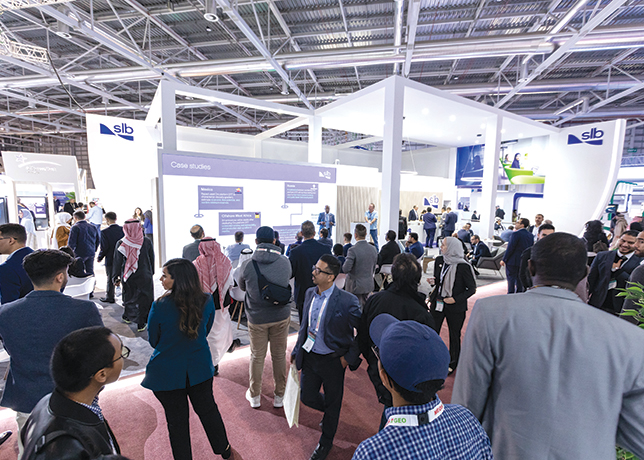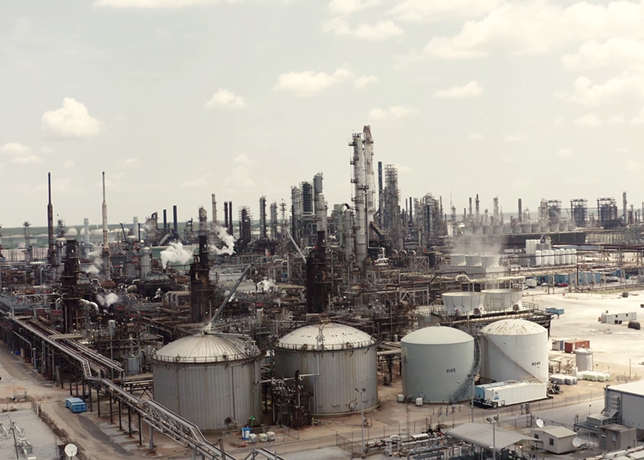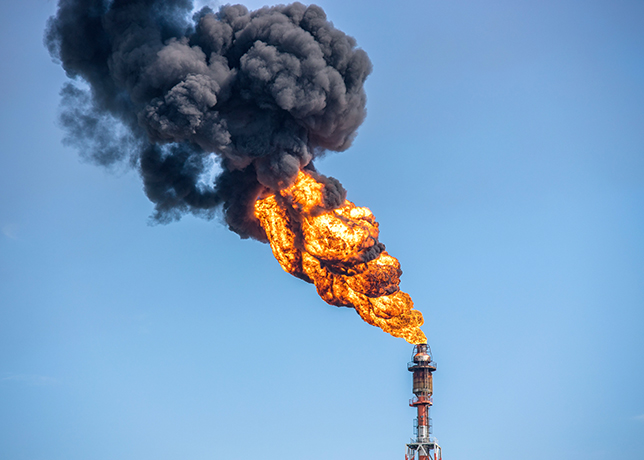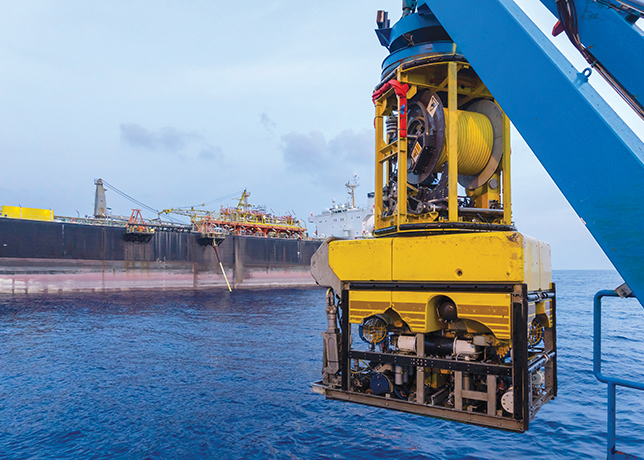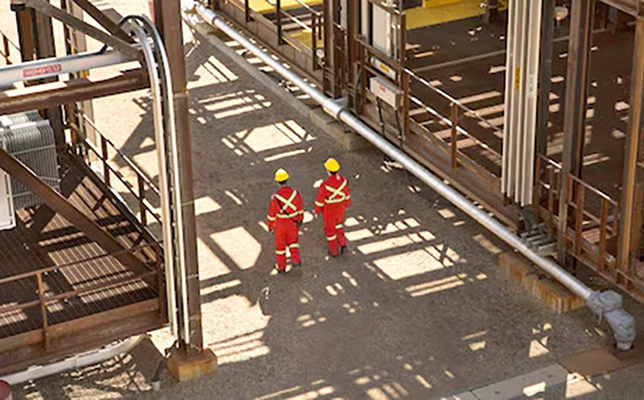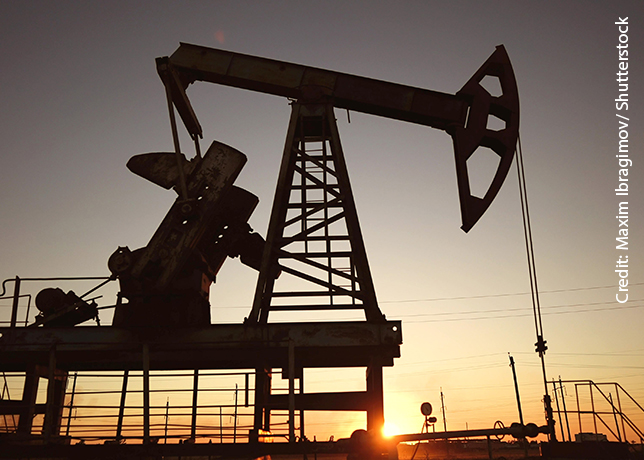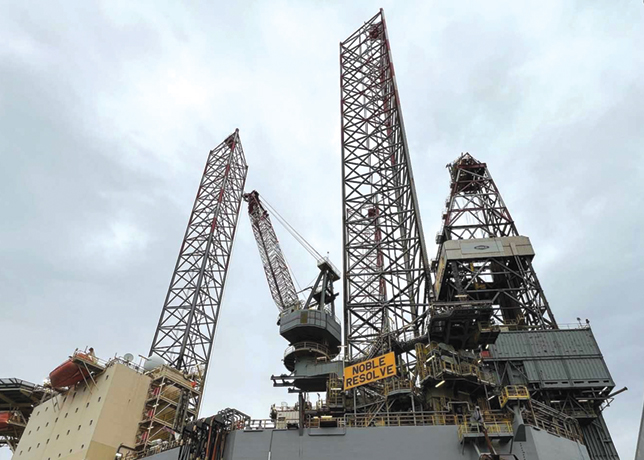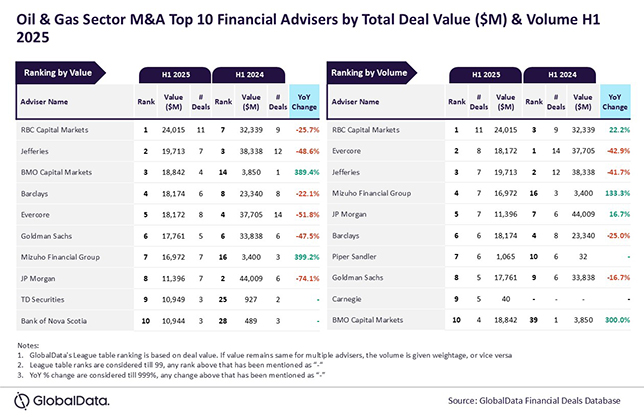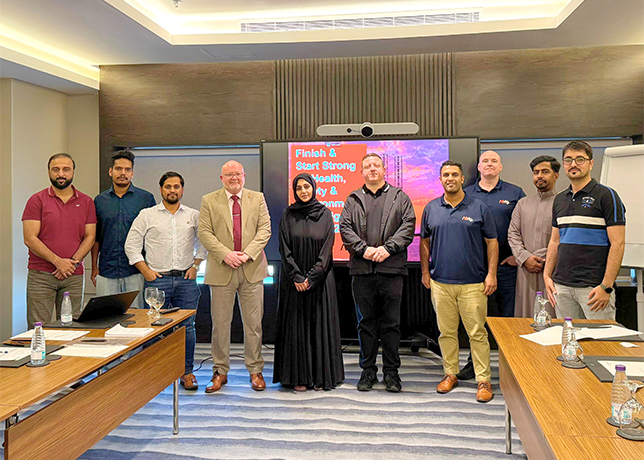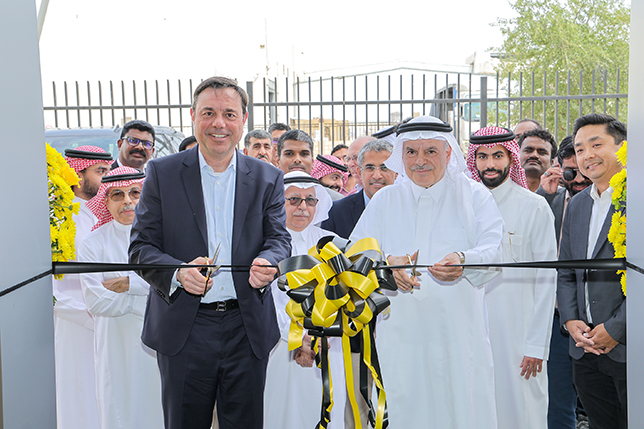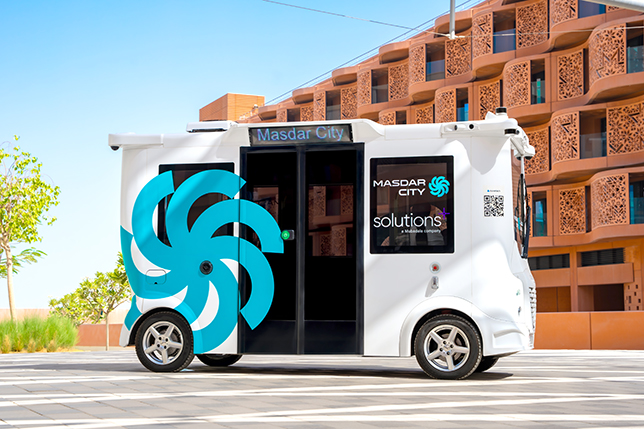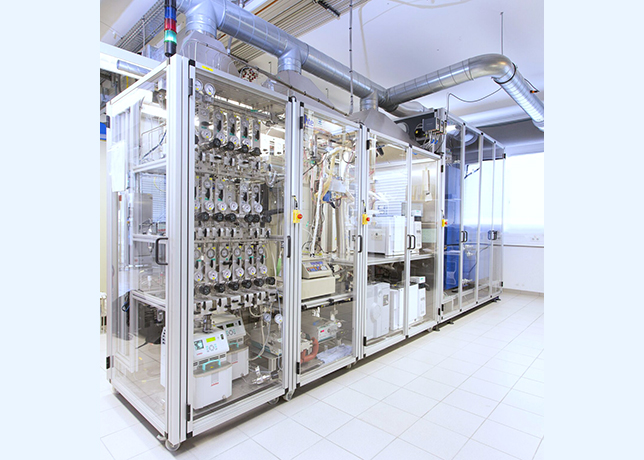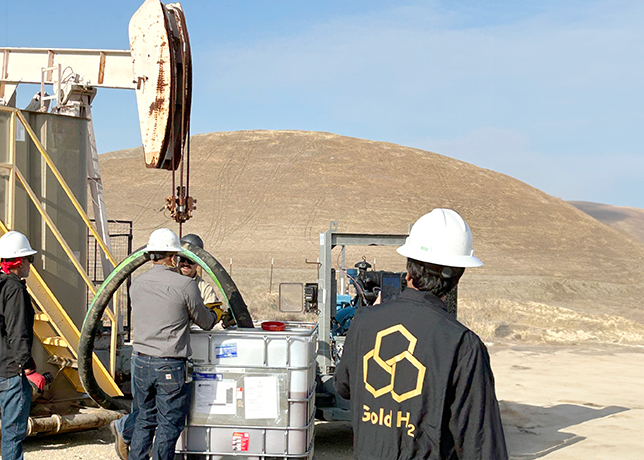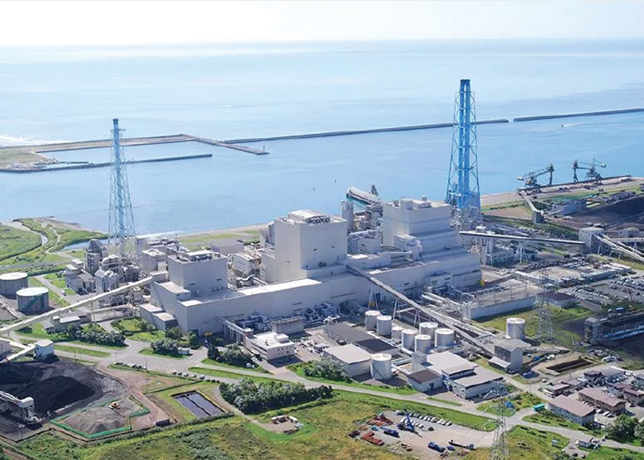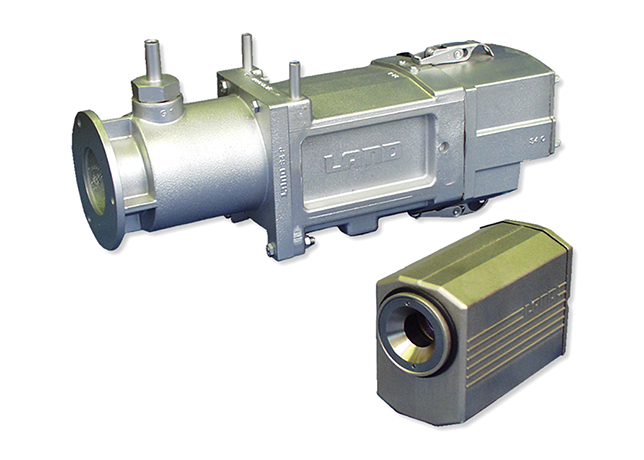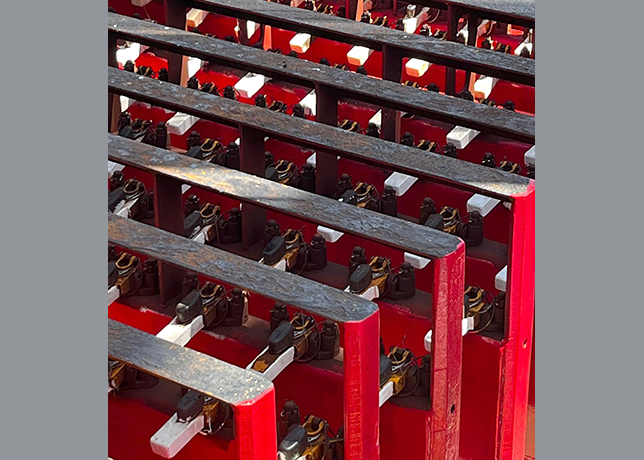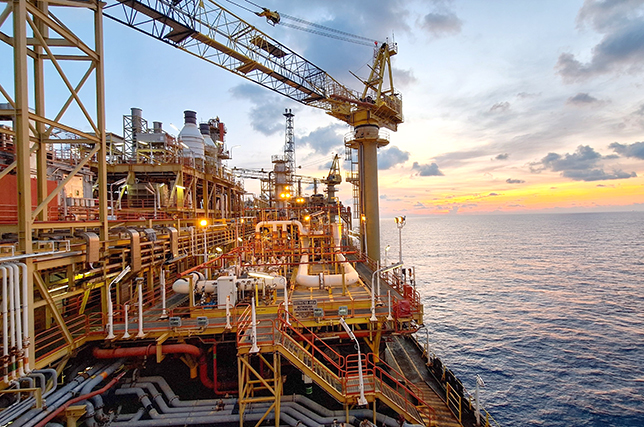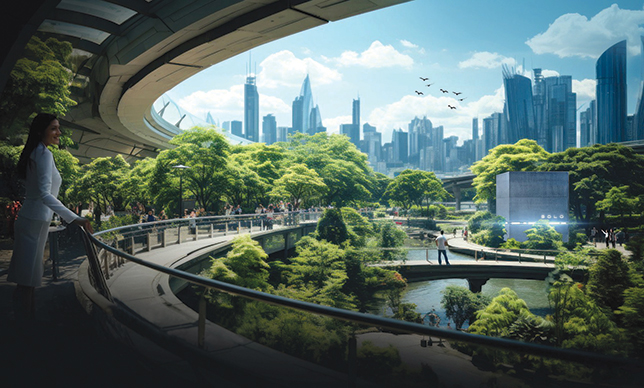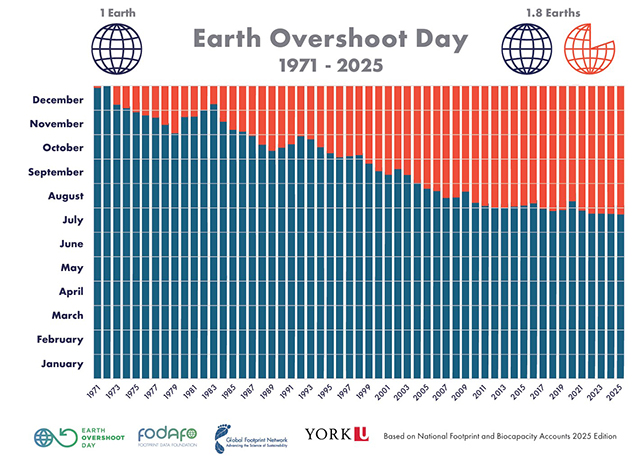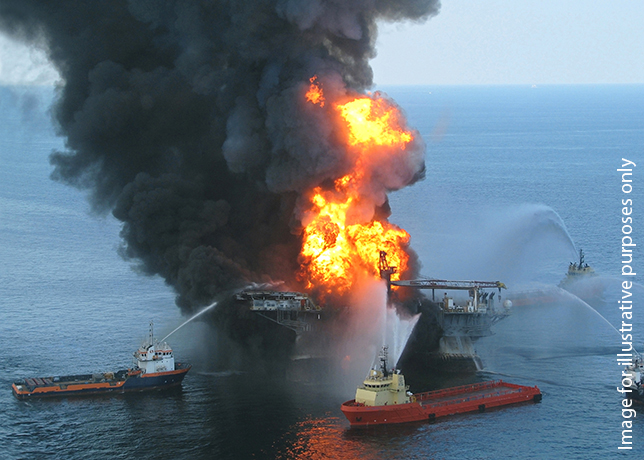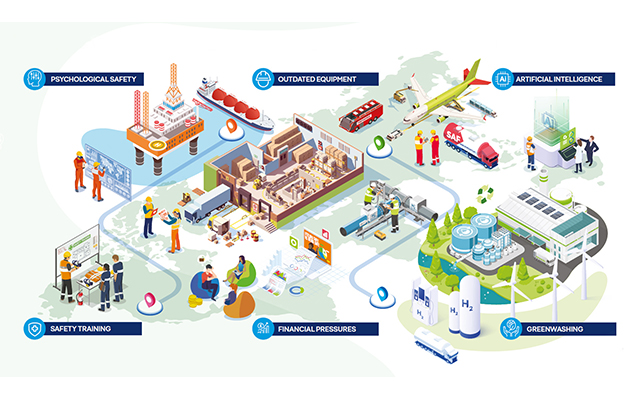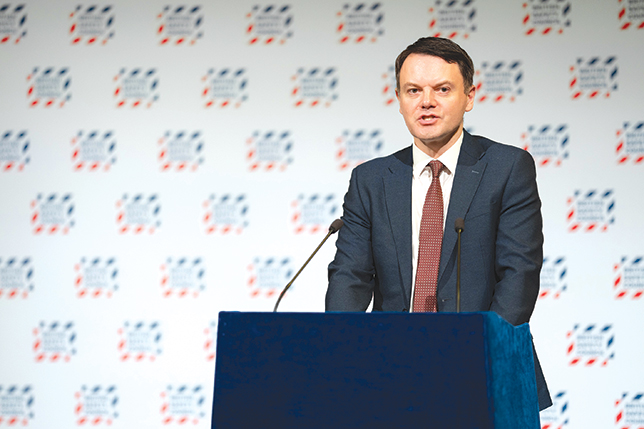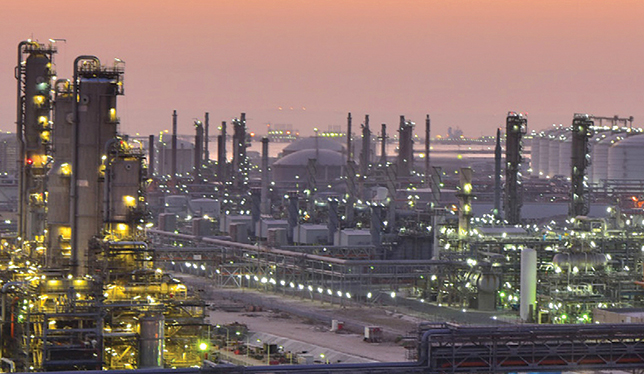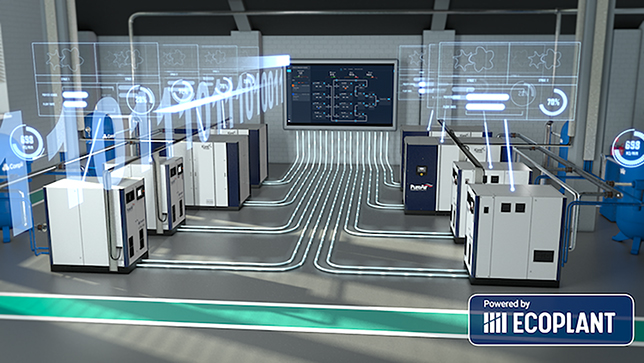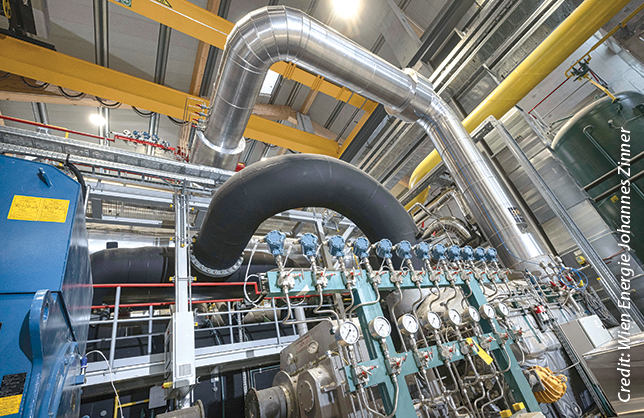
 The new wave of projects in Jubail will transform its landscape.
The new wave of projects in Jubail will transform its landscape.
Dr Jasem M Al Ansari, Director General of the Royal Commission for Jubail and Yanbu, sits in his comfortable office in the industrial city, chatting at length about how the Royal Commission is gearing up to meet unprecedented demand for its services over the next several years.
With half of all foreign investment in the Kingdom staked in Jubail, the demand has been spurred on by the ambitious plans of the Saudi government for the development of the country.
''Jubail is constructed to extremely high engineering and construction standards, not only in terms of reliability but also in the ability of the infrastructure to be upgraded and expanded to provide uninterrupted industrial production," says Ansari.
Already, Jubail Industrial City is busily transforming itself with a range of new infrastructure projects such as the sea water cooling, pipeline corridors and the new 12km expressway cutting through the industrial area to connect with the Dammam highway, which is due for completion next summer - to be extended later to the new Industrial City expansion, Park West.
As an engineer, Al Ansari is fully aware of the engineering standards of excellence that have been implicit in the two industrial cities of Jubail and Yanbu from the beginning, which resulted in attracting international and local investments in the two cities.
''The significance of this new wave of industrial development is of unprecedented importance to the Kingdom.
"For example, a quarter of all Saudis in the Kingdom's industrial sector are now employed in Jubail Industrial City, and the national importance of this new wave of industrial development cannot be underestimated.
"We are now experiencing a significant increase in industrial demand, almost similar to the boom period of the early 1990s," says Ansari.
A noted academic and writer, Ansari also has the personal distinction of being the first mechanical engineering student to graduate from the original College of Petroleum and Minerals that later became King Fahd University of Petroleum and Minerals (KFUPM).
Already, industrial production and associated infrastructure growth and expansion in Jubail Industrial City has exceeded by more than 80 per cent all the forecasts and expectations set forth in the Jubail Industrial City Master Plan developed in 1984, says Ansari.
A far-reaching review of Jubail's master planning and long-term industrial strategy has been developed by the Royal Commission and presented to various Ministries over the last few years to help facilitate and meet the future development requirements of the Kingdom's petrochemical sector.
''In Jubail now, the total amount of investments reached more than $47 billion both by the private and public sectors" says Ansari.
"An anticipated $4 billion is expected to be allocated for the new infrastructure required in Jubail to house nine world-scale plants with investment totalling $20 billion due for completion by 2010.
Over the next decade, Jubail's daytime population is also set to nearly double, increasing to 186,000 from the current 108,000.
In addition, there will be increasing investment in preparing Saudis for the workforce with training and education taking place in an expanding Jubail Industrial College, possibly the best institute of its kind in the Middle East, according to Ansari.
The increasing demand for qualified technicians areas in areas such as welding, autocad systems and machine maintenance has also instigated the setting up of a vocational training centre that is already under construction.
With assets already approaching $34 billion in the primary industry sector, by 2011 primary industries are estimated to have an asset value of more than $50 billion.
''When the Royal Commission started 25 years ago, many were sceptical at the scale of the undertaking" admits Ansari.
"Looking back now, it certainly was a courageous and wise decision by the Saudi government,'' he says.
All aspects of preparing and managing Jubail Industrial City and the residential areas are under the Royal Commission's responsibility, ranging from providing portable water and seawater cooling to promoting investment opportunities.
Currently, six major expansions are taking place in the existing 17 world-scale plants in operation. Three new industrial complexes are under construction valued at $5 billion and nine new plants are in the active planning stage.


